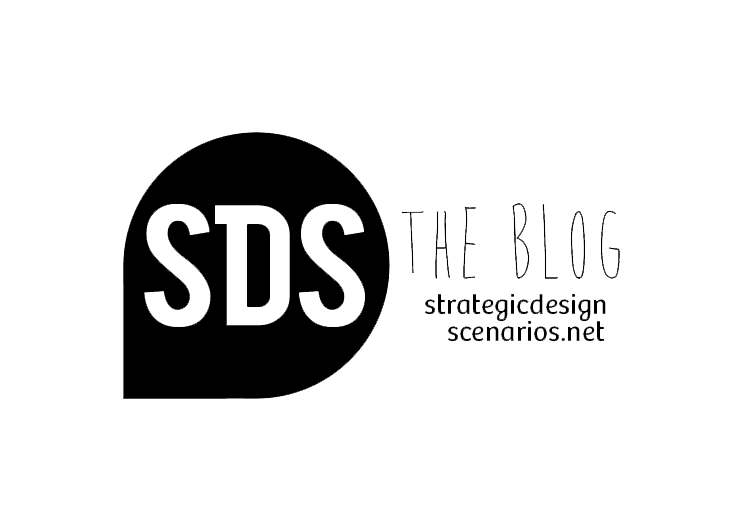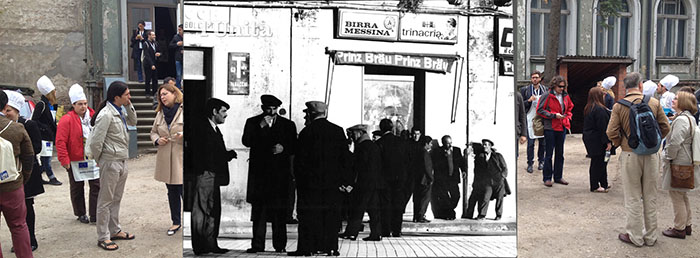…one of the many lessons learned from Sustainable Food in Urban Communities URBACT thematic network was the very different cultures of participation and stakeholder processes accross our partner cities. Where it is pretty straight forward in Amersfoort/NL or Bristol/UK for stakeholders to sit around the same table and start discussions, in Messina, Italy for instance it required a long effort from the Local coordinator to visit all potential participating stakeholders one by one and convice them to take part at to the same discussion table!
During the URBACT city festival in Riga I was discussing the same topic with Furio Honsell, the Mayor of the city of Udine. He mentioned also strong difficulties to gather stakeholders, have them exchange together and build collective action. The phenomenon is even worst as cities are more faced with grand challenges and stakeholders tends to rigidify their positions and generate more conflict than convergence. It is as if sitting around the same table wouldn’t fit in the local culture. Same table means to accept sitting as equal participants as Anne de Feijter underlined in the ‘Amersfoort: designing a collaborative city administration’ case study we just complete. In Messina or Udine a table doesn’t seem to be seen as a perspective of convergence and agreement but rather as a potential battle field from which you exit either as the winner or the looser.
Walking from Riga Congress Center where most of the URBACT City Festival is taking place to the Riga’s Chamber of Commerce hosting one of the ‘Walk-Shop’ we took part to with Furio we were wondering what kind of alternative models to the stakeholder process and concertation table would likely to fit better in South Europe cultural patterns?
When I was a kid, I remember in South Italy in cities such as Bari or Otranto inhabitants (in fact mostly men) were gathering around 6 o’clock in the late afternoon one of the ‘piazza’ of the city. They were talking in small mobs about politics and football, changing groups when they were disagreeing or simply because they just wanted to share with another group what they discussed in the previous one… A form of early ‘world café’ as we would call it now.
We both agreed with Furio that what is call ‘la cultura della piazza (the culture of living public places and squares) was interesting hypothesis for an alternative form of spontaneous stakeholder process. At least the affordances of the ‘piazza’ gathering seems more promising to facilitate exchanges of views, local networking, natural mix of different populations and finally informal collective construction of a common understanding, echoing maybe better local cultural patterns than sitting at the table…
An in-sight to be further debated maybe today at 6… ‘in piazza’!

